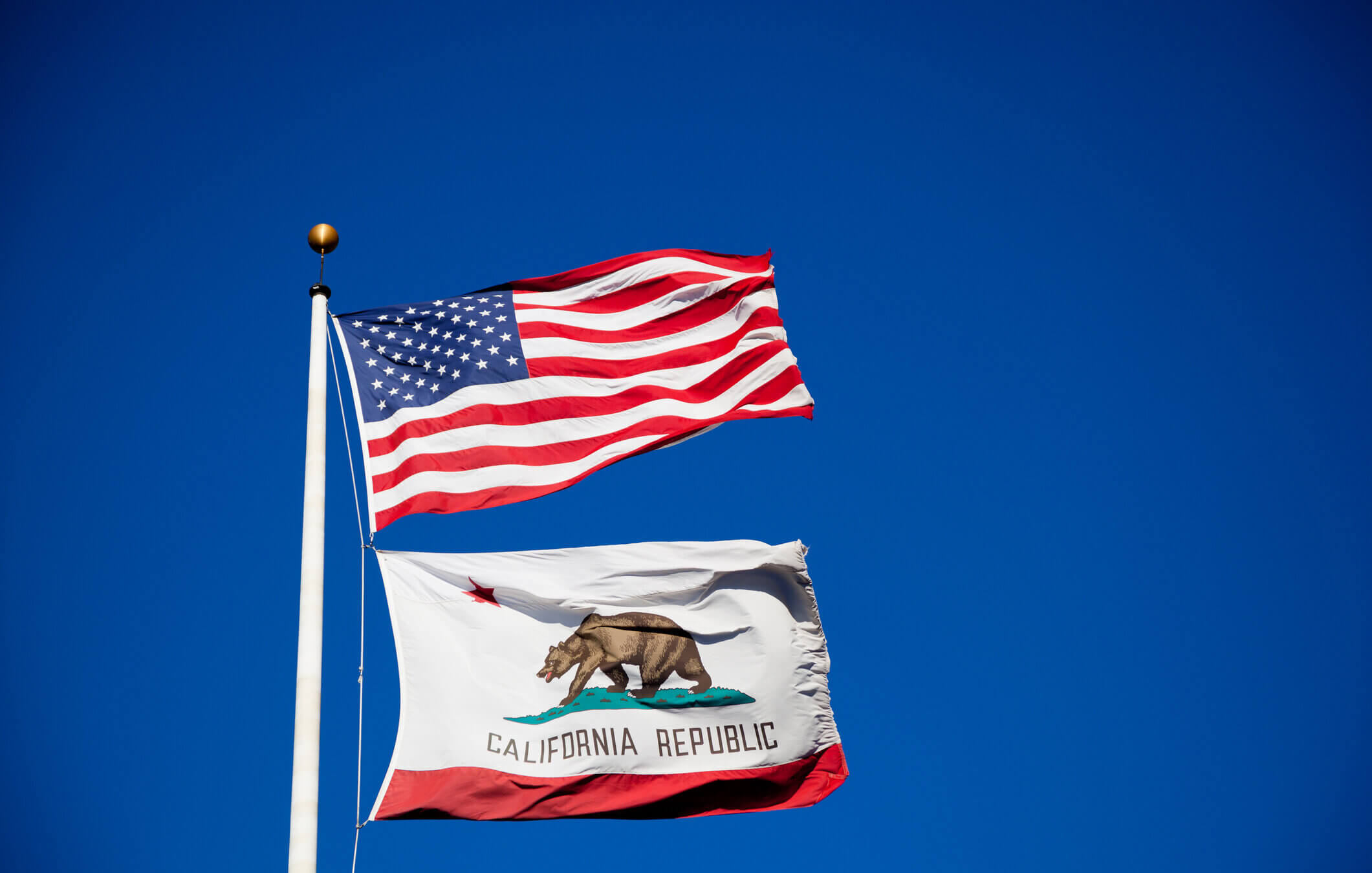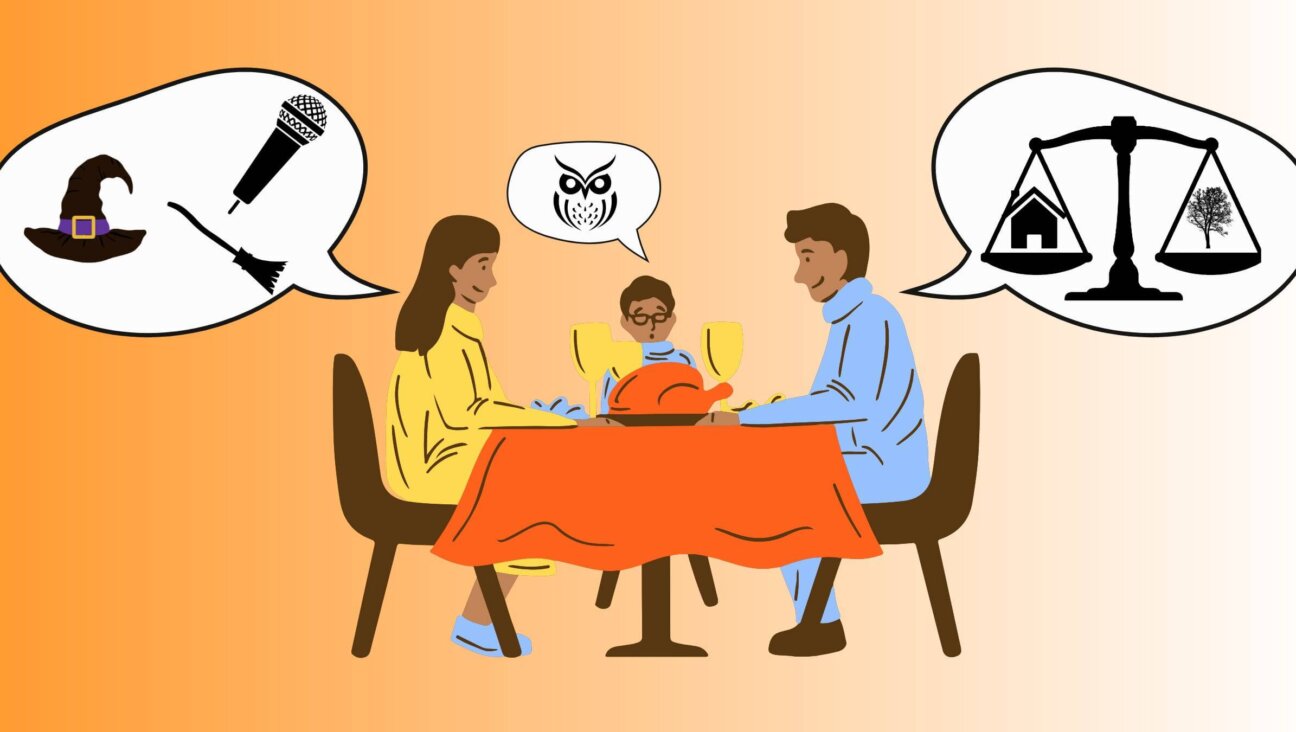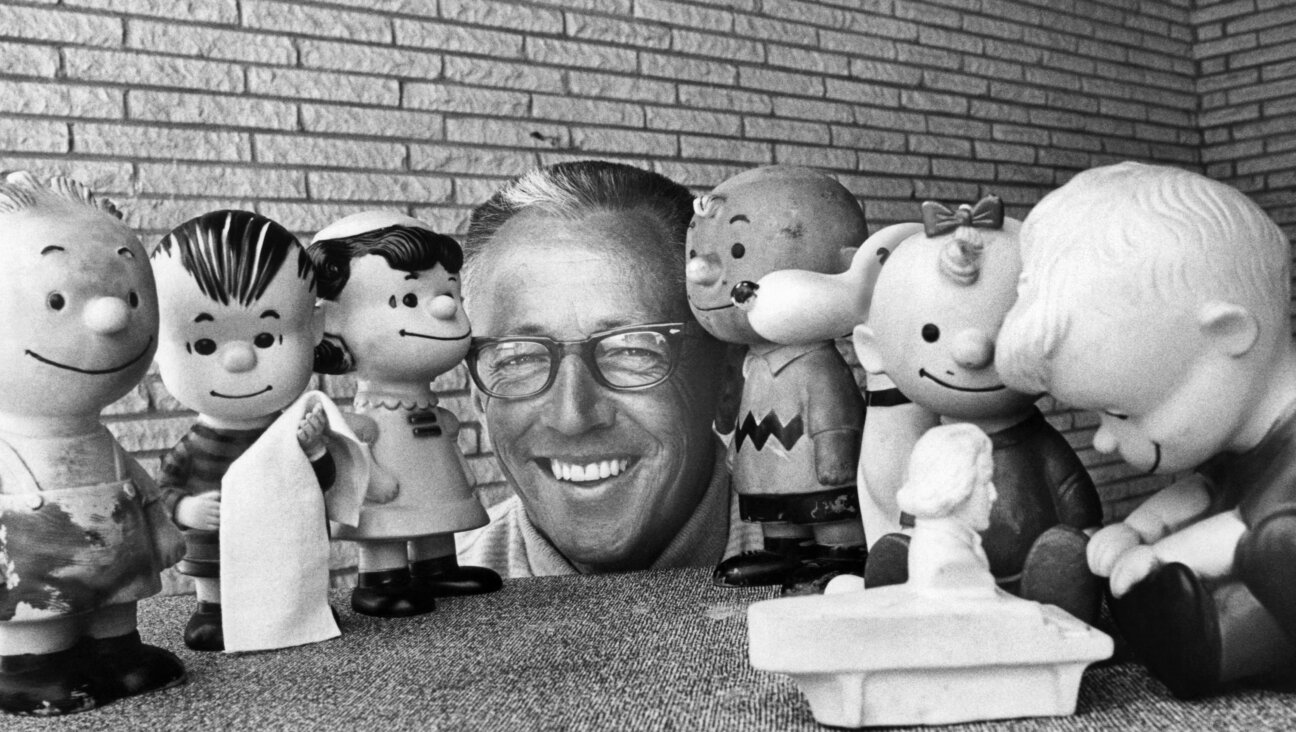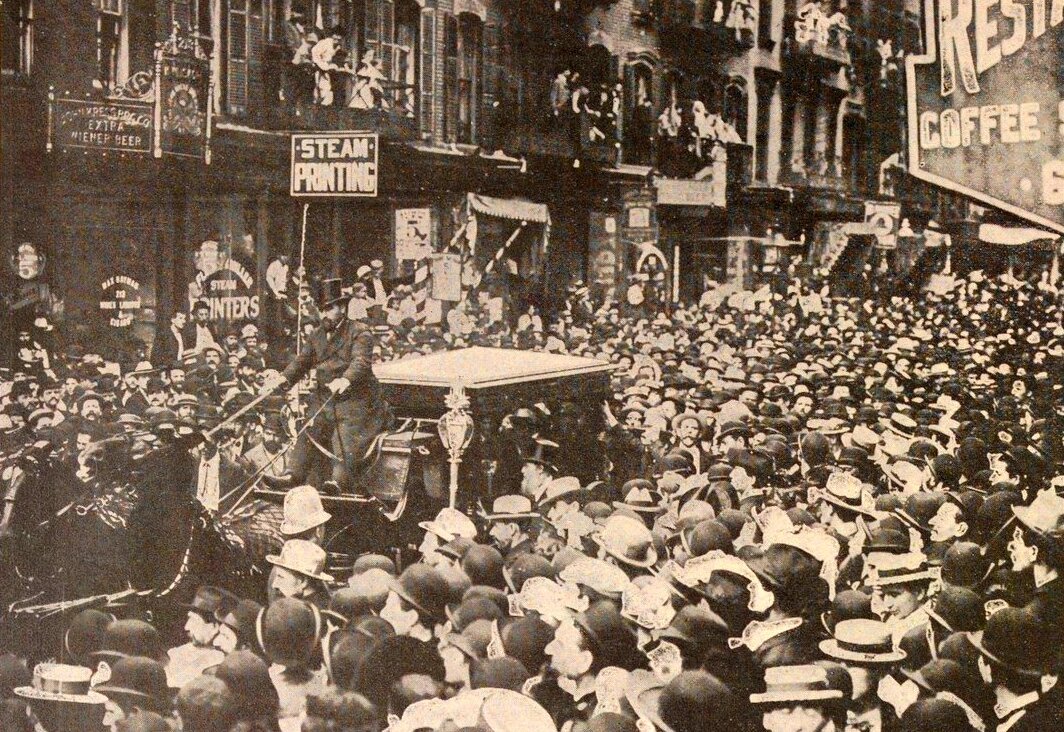In a supposedly progressive city, words are violence but an actual massacre is justified
In school, I learned a disturbing lesson — compassion for victims doesn’t include Israeli victims

The flags of the USA and California Photo by IStock
This is one in a series of essays written by high school students in response to the events of Oct. 7 and its aftermath. You can find the full collection of essays at this page.
Claremont, a small, suburban city just outside of Los Angeles, is widely known as the “City of Trees and PHDs.” As a daughter of immigrants, I always felt incredibly lucky to live in such a peaceful and prosperous city. Furthermore, I felt proud to live in a community that prides itself on inclusive liberal values. My world shattered after my debate coach’s response to the Oct. 7 massacre.
Back in October of last year, an assistant coach insisted on discussing the crisis in Israel and Gaza, even though it had no relevance to our upcoming debate topic. For a second, I felt some sort of solidarity with the coach’s desire to shed light on the events that had just occurred. Even though I felt vulnerable, being the only person in the room with ties to the region, I insisted on staying and listening to the lecture. I was expecting the coach to state how the events that took place on Oct. 7, such as the murder and rape of so many Israelis, were wrong. I was expecting that there would be an attempt to explain the significance of these events and the detrimental outcome that they will cause.
What I did not expect was for this coach to defend Hamas and call them “freedom fighters.” Would the coach justify my murder because I am Israeli? I couldn’t help but start to cry. How could this teacher that I’ve sought advice from hold such hostile beliefs? I couldn’t stay silent. “How is raping girls freedom fighting?” I asked. What I thought was a simple question turned into multiple people, including the coach, continuing to justify the rape of Israeli girls. It seemed that they were astonished that I would even try to say that the rape of these innocent girls is wrong.
In an age where we must be careful not to offend others because, we are told, “words are violence,” how is the justification of actual violence deemed acceptable? It can only be tolerated by our society because of their hatred towards the victim. I came to realize that compassion for victims does not include Israeli victims. Our Western society stands united against sexual assault and violence, but with exceptions. To have the wrong identity, to be a national of a state called Israel, puts you beyond the limits of sympathy.
The double standard applied to Israelis cannot be ignored. In this never-ending conflict, the protection of innocent lives should always be upheld, whether that individual is Israeli or Palestinian. Our high schools are doing something wrong if no other person in that room, whether a coach or student, could say that innocent civilians do not deserve to experience sexual violence and be murdered based on their nationality. Instead of teaching American high school students to support the slaughter of Israelis, we should be teaching the importance of peace. We ought to stop treating wars that are happening on the other side of the globe as a football game where you simply choose which side to cheer on.
The Oct. 7 massacre made me question many things. I wonder if what I have known about my city is really true. If we are really as progressive as we seem. I wonder if liberal values such as inclusion are really embraced by people who claim to be progressive. Or are “progressive people” the ones excluding peoples of different cultural backgrounds from their advocacy. Because in the United States, no 16-year-old girl should ever feel the need to convince her educator that girls like her do not deserve to be raped.























